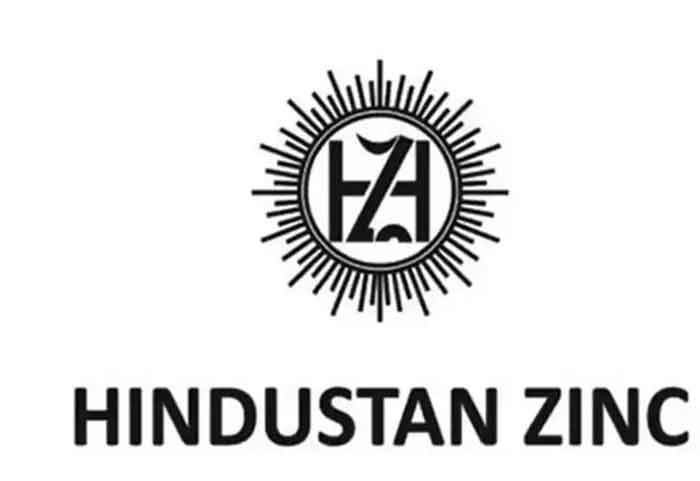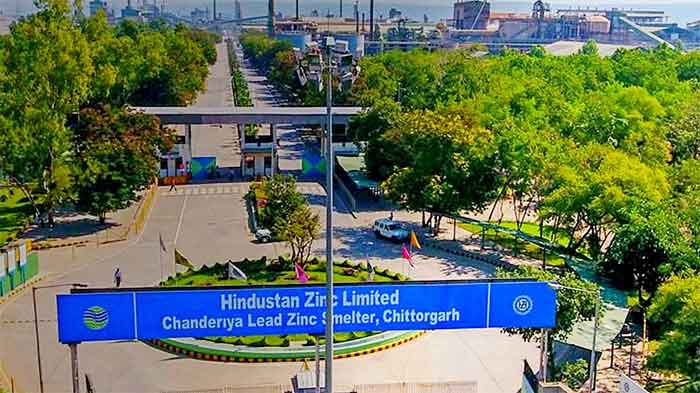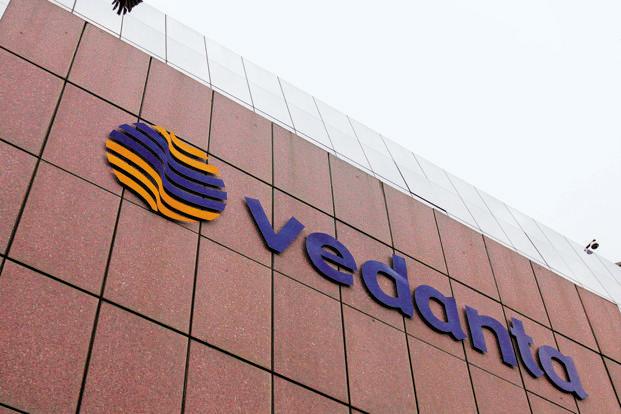
To
Shri Rajiv Gauba
Union Cabinet Secretary
Dear Shri Gauba,
In the past, I had written to your predecessors and the Ministry of Mines not to divest the government’s share of equity in Hindustan Zinc Ltd. (HZL), keeping in view the strategic nature of Zinc as a scarce mineral.
I understand from recent news reports (https://www.news18.com/news/business/vedanta-cant-buy-more-than-5-stake-in-hindustan-zinc-if-divestment-happens-anil-agarwal-5243107.html) that the government has since taken a decision to sell its residual equity share of 29.5% in the company, as a part of its hurried, highly ill-advised disinvestment programme. I feel that the decision so taken is against the national interest, as explained below.
Mineral resources in India are scarce and, in principle, the activity relating to mineral exploration, production and use should be subject to public control.
For example, the total extractable reserves of Zinc/Lead in the country, as per the UNFC classification, are hardly 106 million tonnes (https://ibm.gov.in/writereaddata/files/10142020122001Lead_Zinc_2019_AR.pdf) whereas the annual production of these minerals is in excess of 14 million tonnes. In other words, at the present rate of extraction of the mineral, the extractable resources may last for less than 8 years, unless new exploration activity adds to the reserves at a rate in excess of today’s level of production. Considering the acute scarcity of this strategic mineral, it is therefore necessary to impose an upper threshold on the annual levels of production, pending new investments being made on exploration in order to step up the reserve-to-production ratio (RRR) to exceed unity. In the case of almost all minerals in the country, RRR woefully falls short of unity, implying that we are depleting them faster than the rate at which we are discovering new reserves.
Since private companies are driven exclusively by the profit-maximisation objective, the kind of optimal use of Zinc/ Lead as envisaged above would not be possible, if such companies are allowed to exercise control over the mining and production of the mineral, when they are allowed to carry on their businesses for profit.
In the present political economy of India, considering that the political parties have become heavily dependent on company donations, one cannot expect the ruling political elite to adopt policies that hurt their donor companies. Therefore, in order to ensure some control over the extraction and the use of a scarce mineral like Zinc in line with the national interest, it is inescapable that those activities are fully retained under public ownership and control. In fact, this was the rationale for the previous governments to have created CPSEs like the HZL.
Unfortunately, neither the national mineral policy of the government has incorporated any meaningful provision to ensure the sustainable use of minerals like Zinc by imposing ceilings on the annual extraction levels, nor those that have formulated the present disinvestment policy have cared to recognise the strategic value of the scarce minerals and precluded the concerned CPSEs from the axe of disinvestment.
In fact, there is an urgent need to realign the national mineral policy not only for optimising the annual levels of extraction of the minerals but also for containing the demand for the same by adopting technologies that yield higher end-use efficiencies for the finished metal products, adopting more comprehensive and cost-effective recycling approaches and even finding renewable substitutes for the finished metal products. It is unfortunate that the planners in India are caught up in a rush to ramp up supplies of scarce natural resources, rather than introducing long-term, sustainable, demand side strategies. It is equally unfortunate that their vision of reform is so myopic that they consider privatisation as the only way to reform.
The argument the government has put forward to justify the HZL stake sale is that it will get additional fiscal resources, an argument that is altogether facile, as disinvestment proceeds come from the same pool of savings in the economy from which the government could readily borrow, on much more advantageous terms, without having to part with its strategic control over the mineral.
In the specific case of HZL, in the first instance, the government ought not to have put up the company for the above reasons on the anvil of disinvestment. It is ironic that, having divested 26% of equity initially, the government went on divesting additional blocks of its equity in lots, bringing it down to 29.5% as of now, for no plausible reason, except that its objective was more to sell its equity in distress in return for illusory, meagre disinvestment proceeds, than to look upon Zinc as a scarce, strategic mineral, requiring public control over its extraction and use.
On the other hand, the track record of the private company that took over the HZL has not been of any satisfaction. The sad developments at the HZL’s copper smelter plant at Tuticorin in Tamil Nadu are still fresh in public memory. The problems of pollution caused by the HZL’s unit at Visakhapatnam were no better. Compared to the way the HZL had been efficiently managed by the erstwhile CPSE, private management has provided an unenviable contrast. At Visakhapatnam, it appears that the private promoter of the HZL unit has been making efforts to divert hundreds of acres of public land, acquired originally for the CPSE, for real estate development. The government should bear in mind that the lands acquired at that time under the erstwhile land acquisition legislation were taken over for a “public purpose”, a term unambiguously defined then as, “intended for a company wholly owned and controlled by the government”. As such, in the first instance, to hand over the company with the public land to a private promoter was in itself illegal.
Keeping in view these circumstances, I demand that the government revokes its decision to sell its equity share. I further call upon the government to exclude all mineral-related companies from disinvestment.
I hope that you will bring these aspects to the attention of the Union Cabinet so that the decision already taken in the case of the HZL may be revoked.
Regards,
Yours sincerely,
E A S Sarma
Former Secretary to Govt of India
Visakhapatnam











































